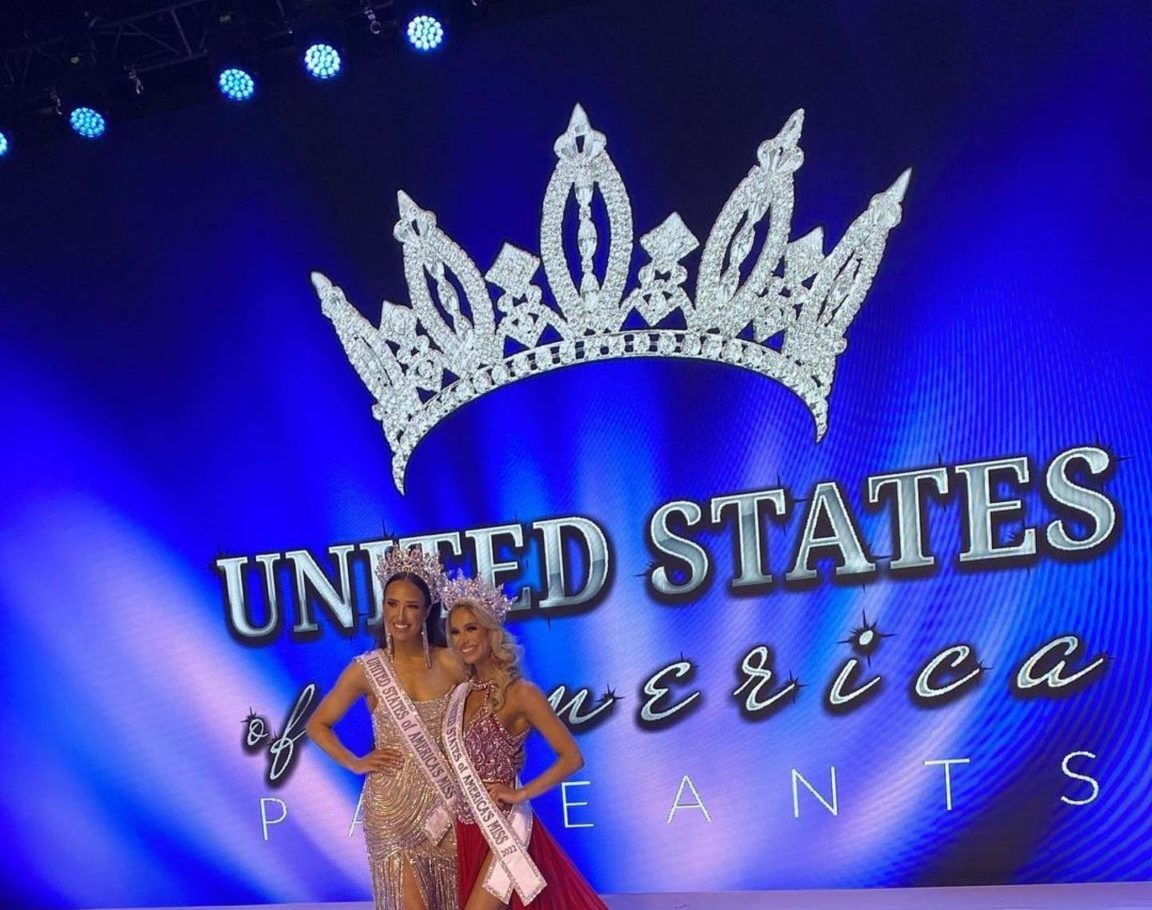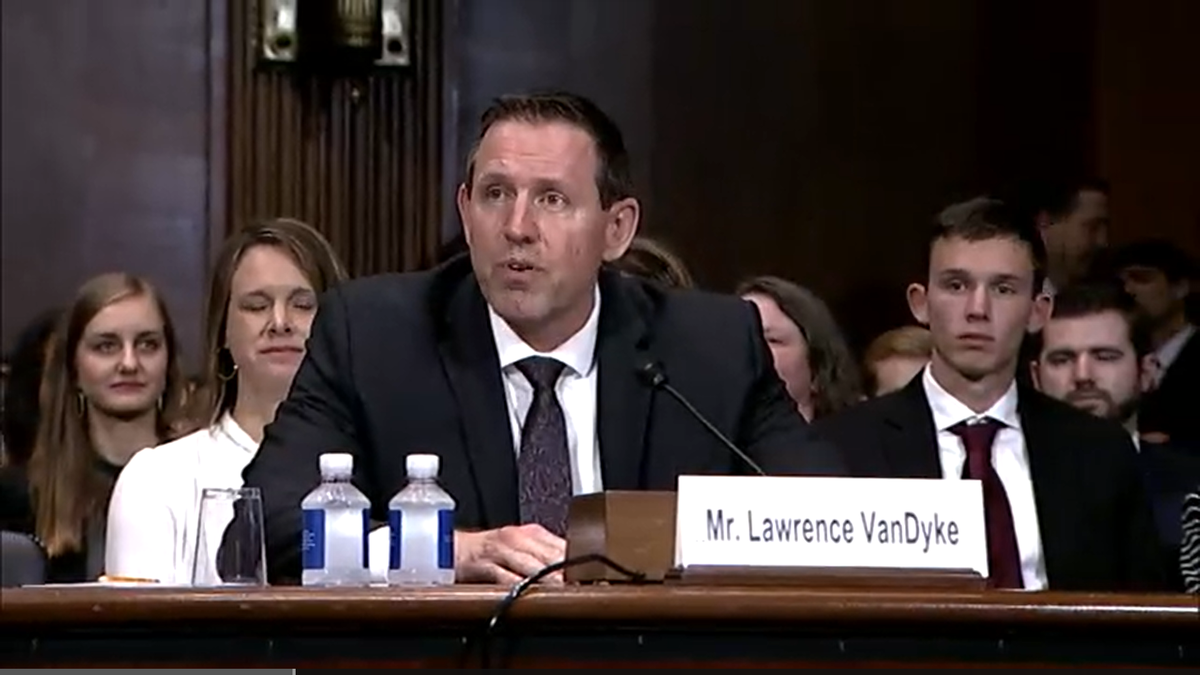A federal appellate court has ruled that a national beauty pageant has a First Amendment right to prohibit a transgender woman from competing because incorporating her would interfere with the message the pageant wants to communicate about “what it means to be a woman.”
The ninth U.S. The verdict came in response to a lawsuit filed by Anita Green, who claimed that the Miss USA pageant violated an Oregon state anti-discrimination legislation by barring her from competing in 2019.
Green has competed in several pageants, including Miss Montana USA, Miss Earth, and Ms. World Universal. She was living in Clackamas, Oregon, and was planning to compete in the Miss United States of America’s Miss Oregon pageant when she claimed the organization turned down her application because she was not a “natural born girl.”
Green filed a lawsuit, claiming that the organization was breaking a state statute that makes it illegal to refuse people public accommodations based on their gender or gender identity.
However, attorneys representing the Miss United States of America Pageants stated that the pageant program was created to commemorate and promote “natural born women” by transmitting a message of “female biological empowerment.”
 Beauty Pageant Ruling
Beauty Pageant Ruling
The nine-judge panel of the Ninth Circuit ruled 2-1 in favour of the Beauty Pageant organization, stating that forcing the contest to include a transgender woman would fundamentally alter the message the Beauty Pageant was attempting to communicate.
“Beauty pageants, like theatre, cinema, or the Super Bowl halftime show, mix speech with live performances such as music and dancing to deliver a message,” wrote Judge Lawrence VanDyke for the majority. “And, while the content of that message differs every pageant, it is widely assumed that beauty pageants are generally aimed to convey the ‘ideal picture of American womanhood.'”
The appellate court agreed with a lower court’s conclusion that anyone seeing the contest’s choice to exclude transgender women would most likely conclude that the pageant organizers did not feel transgender individuals qualified as female.
“The Beauty Pageant has the ability to communicate this message and enforce its “natural born female” rule under the First Amendment,” the appeal court concluded.
Forcing the pageant to admit transgender contestants would amount to “compelled expression,” a violation of the First Amendment, the panel determined, and the fact that the pageant was a corporation engaged in commerce was insufficient to overcome that free speech privilege.
In a dissenting opinion, Judge Susan P. Graber stated that the majority omitted critical stages when determining whether the First Amendment applied.
According to Graber, the court should have considered whether Oregon state law applied to the case, which may have settled the claim before the judges even reviewed the First Amendment question.
Tanice Smith, the pageant organization’s owner, and her attorney, John Kaempf, said the 9th Circuit’s dismissal was a matter of “basic justice.”
“The Ninth Circuit’s reasoning says it all: “Green requests that the state utilize its power to compel the Miss United States of America to express a message opposed to what she wishes to express.” “The First Amendment says no,” said Kaempf.
Green’s attorney, Shenoa Payne, did not immediately respond to an Associated Press request for comment.
Green expressed disappointment after a lower court verdict sided with the pageant last year but said the case raised awareness about transgender discrimination within the pageant circuit.
“I feel the United States of America Miss is on the wrong side of history by deliberately discriminating against transgender people, but the road to significant change has always been long and rocky,” Green said at the time.
“Transgender women are simply women.” My message has always been consistent, and it is this: “Everyone has beauty.”






 Beauty Pageant Ruling
Beauty Pageant Ruling



